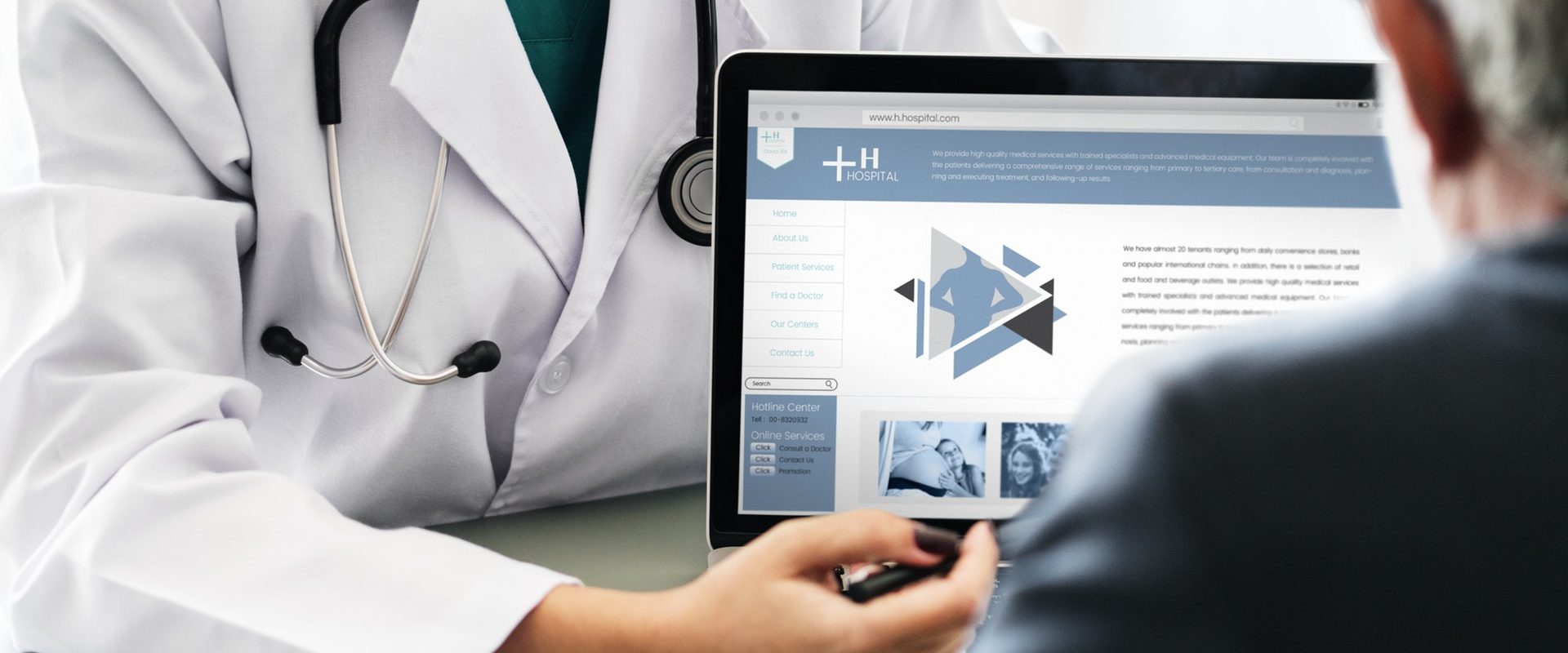Colonoscopy is a safe and common procedure that examines the colon or large intestine for any abnormalities. In this procedure, a doctor inserts a thin flexible tube into the anus and advances it slowly into the rectum and through the colon. The instrument used is called a colonoscope. It is about one inch thick with a camera and a light source at its tip, allowing the doctor to visualize the entire colon on a video monitor.
Why is a colonoscopy done?
A doctor may recommend a colonoscopy for a variety of reasons. In most cases, colonoscopies are done as a screening tool for colorectal cancer. It is also performed to investigate blood in the stool and chronic diarrhea.
Of cancers that affect both men and women, colorectal cancer is the second leading cause of cancer deaths in the United States. At a glance, 140,000 new cases are diagnosed every year with 50,000 estimated deaths. According to research, at least 30,000 lives each year can be saved through awareness and screening.
How to prepare for a colonoscopy
Your doctor will advise you on the right diet and proper cleansing routine that is best for you. The goal here is to clean out the contents of the bowel prior to the test so that your gastroenterologist can thoroughly examine your colon.
While you may find the bowel prep the most difficult part of the examination, it is crucial to follow the specific plan exactly as your doctor tells you to. Otherwise, your doctor will not be able to see problems, like polyps or cancer, during the colonoscopy, and you will have to repeat the prep and the examination.
Generally, a gastroenterologist will ask you to limit your diet to clear liquids at least a day before the procedure. A clear liquid diet consists of clear liquids that are easily digested and leave no undigested residue in the intestinal tract. They may be colored as long as you can see through them. This may include water, tea, broth, gelatin desserts, ginger ale, sherbet, and clear fruit juices.
You will also be given a bowel prep medicine to thoroughly clean your colon. This can come in the form of a liquid cleansing solution or an oral laxative. Again, it is important to follow your doctor’s instructions carefully to aid in a comprehensive and accurate test.
Can I take my meds before a colonoscopy?
Inform the doctor of any medical conditions and medications you have. In most cases, you can continue taking your current medications. However, some medications may require special instructions such as aspirin products, blood thinners (i.e., warfarin or heparin), arthritis medications, insulin, and iron products.
It is also important to inform your gastroenterologist of any allergies you have to medications as well as any problems you have had with a bowel prep in the past. Your doctor should also know if you are pregnant or breastfeeding as this will help them decide the type of bowel prep that is right for you. Also, mention other significant medical conditions you have such as high blood pressure, heart, kidney, and liver disorders.
What happens during a colonoscopy?
A colonoscopy isn’t painful, but you might feel some pressure, bloating, or cramping during the procedure. You will be given a pain reliever and a sedative to help you relax and minimize any discomfort. You will then be instructed to lie on your side or back as your doctor slowly inserts the colonoscope into your rectum.
The doctor will pump air or carbon dioxide into your colon through the tube of the colonoscope. This is to inflate your colon which then gives your doctor a clear view of your colon’s lining. The movement of the scope and the air inside your colon can cause abdominal cramping and the urge to have a bowel movement.
Although the examination normally takes about 30-60 minutes, your stay can last for two to three hours for waiting, preparation, and recovery. Depending on the outcome of the procedure, your gastroenterologist will advise whether or not you need to undergo any additional testing.
What if an abnormality is seen during a colonoscopy?
If the colonoscopy reveals something abnormal, your doctor might pass an instrument through the colonoscope to collect a tissue sample or biopsy to help identify whether that area is cancerous or not. If the colonoscopy is done to detect bleeding sites, your doctor can stop the bleeding with laser, heat, medication, or use of small clips, through the colonoscope.
As the colonoscope passes through the colon, it is possible to find polyps or small benign (noncancerous) growths. In that case, your doctor can remove them during the procedure by using a wire loop biopsy forceps (aka snares) or with biopsy instruments. Polyps can also be destroyed by burning the polyp base with an electric current. Polypectomy doesn’t normally cause any pain since the lining of the colon is not sensitive to burning or cutting.
What happens after a colonoscopy?
You will be monitored for an hour or two post-colonoscopy until the effects of the sedatives have worn off. It is normal to experience some cramping or bloating due to the air introduced into the colon during the procedure. This can be relieved quickly with the passage of gas.
Before leaving the clinic, your gastroenterologist might discuss the findings with you. If a biopsy was performed, you will likely need to wait for its results, which usually takes a few days.
It is also important to have someone drive you home and accompany you if sedation has been given prior to or during the examination. The side effects of the medication may cause nausea and drowsiness. Your reflexes and judgment may also be weakened throughout the day even if you feel alert after the procedure.
When it comes to your diet, it should be back to normal unless your doctor instructs otherwise. If polyps were removed, your doctor might restrict your activities, and you might be advised to eat a special diet for a specified time period.
What are the possible complications post-colonoscopy?
Overall, colonoscopy is a very safe test. When done by highly trained and highly experienced gastro doctors, complications of colonoscopy and polypectomy are rare. While bleeding may occur at the area where the sample tissue was taken or the polyps were removed, the bleeding is often minor and can go away on its own. Take note, however, that the bleeding can occur several days after the procedure.
You can also experience reactions to the sedatives used, such as localized irritation at the injection site, or complications from existing heart or lung disorders. While complications after colonoscopy are rare, it is crucial to recognize early signs of potential complications, including severe abdominal pain, fever and chills, or rectal bleeding of more than half a cup. If you notice any of these signs, contact your gastroenterologist immediately. Contact Gastroenterology Medical Clinic in Folsom CA for all your colonoscopy needs.
Frequently Asked Questions
What is a colonoscopy, and why do I need one?
A colonoscopy is a test where a doctor checks your colon using a small camera to look for issues like cancer, blood in your stool, or ongoing diarrhea.
How do I prepare for a colonoscopy?
You’ll need to follow a clear liquid diet and take medicine to clean out your colon. Follow your doctor’s instructions carefully for the best results.
Can I take my regular medicine before the test?
Usually, yes. But let your doctor know about your medications, allergies, or health conditions so they can give you proper advice.
What happens during the procedure?
You’ll get medicine to relax, and the doctor will gently insert a camera to examine your colon. The test takes about 30-60 minutes.
What if they find something during the test?
If the doctor finds anything unusual, like polyps, they can remove them or take a sample during the test.
What happens after the test?
You might feel bloated, but that goes away quickly. If you had medicine to relax, someone needs to drive you home. Your doctor will explain the results.
Are there any risks?
Colonoscopy is safe, but rare issues like bleeding or severe pain can happen. Contact your doctor if you notice anything unusual after the test.




